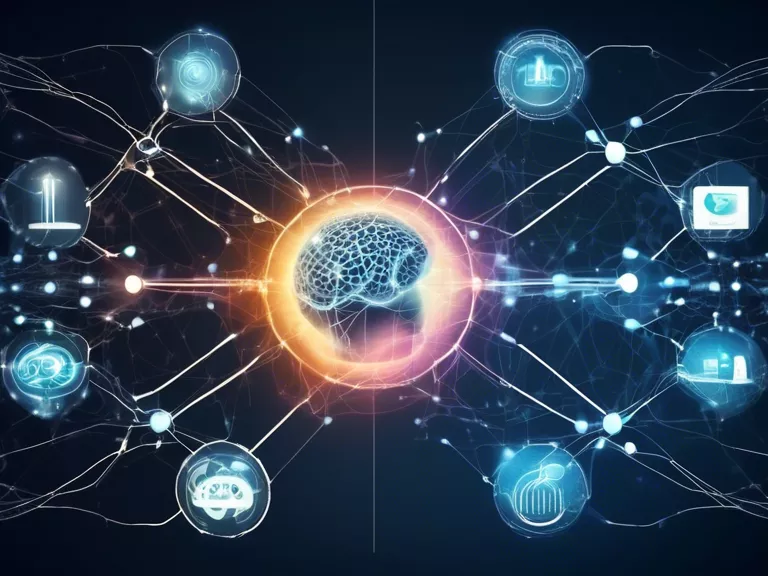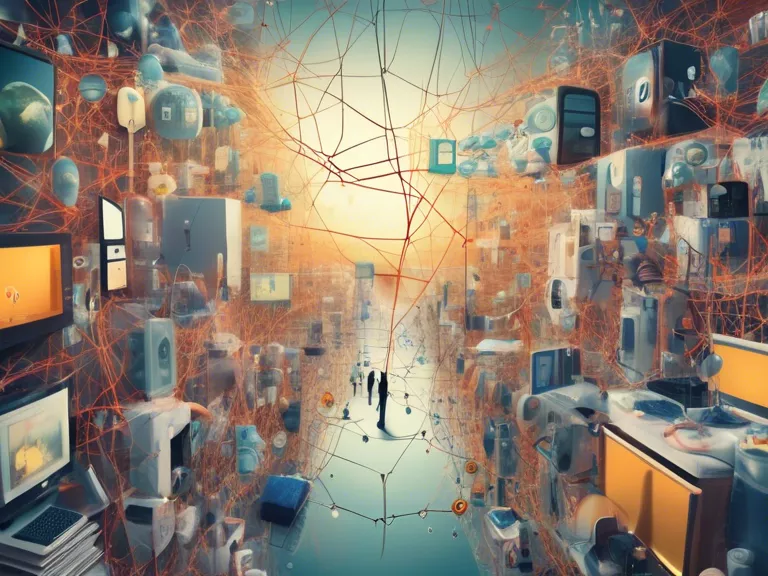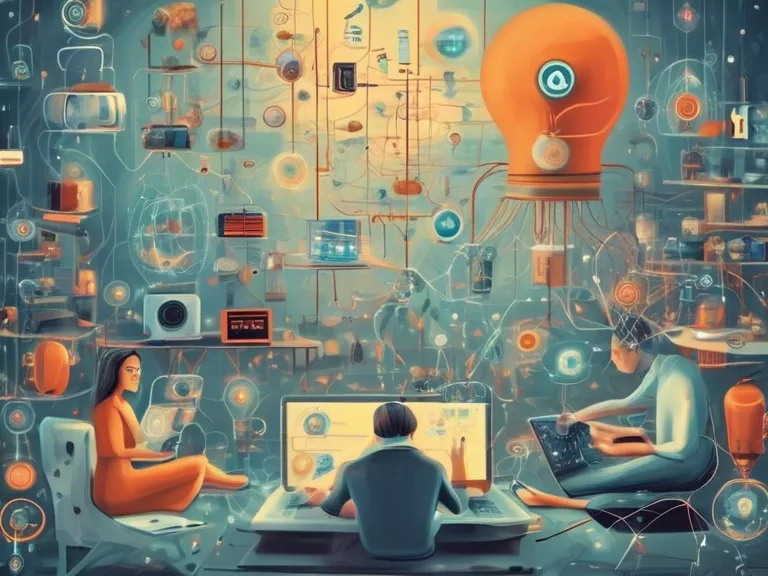
IoT and the Philosophy of Connectivity: Examining the Boundaries Between Human and Machine
The Internet of Things (IoT) has revolutionized the way we interact with technology, blurring the lines between the physical and digital worlds. As we increasingly rely on interconnected devices to simplify our lives, it raises important questions about the relationship between humans and machines.
At the heart of this technological revolution is the philosophy of connectivity. IoT devices are designed to seamlessly communicate with each other, sharing information and data to improve efficiency and convenience. This interconnectedness has led to a new era of smart homes, wearable technology, and autonomous vehicles.
But as we embrace the convenience of IoT, it's important to consider the implications for our society. The boundaries between human and machine are becoming increasingly blurred, raising concerns about privacy, security, and autonomy. How much control are we willing to relinquish to these intelligent machines?
As we navigate this new landscape, it's essential to reflect on the ethical and philosophical implications of IoT. Are these devices simply tools to enhance our lives, or do they represent a fundamental shift in the way we perceive ourselves and our relationship with technology?
Ultimately, the philosophy of connectivity challenges us to reconsider what it means to be human in an increasingly digital world. By examining the boundaries between humans and machines, we can better understand the impact of IoT on our society and shape a future that respects the values and autonomy of all individuals.
No Website Lists.

